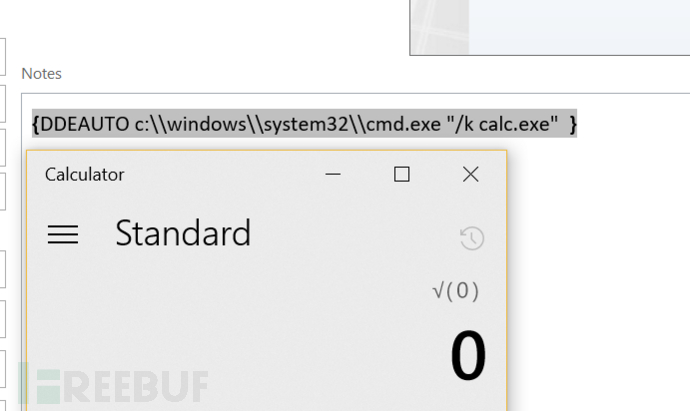# Which Loan to Pay Off First: A Comprehensive Guide to Optimize Your Debt Strategy
When it comes to managing debt, one of the most pressing questions many individuals face is: **Which loan to pay off first?** With various types of loans—su……
When it comes to managing debt, one of the most pressing questions many individuals face is: **Which loan to pay off first?** With various types of loans—such as student loans, credit cards, personal loans, and mortgages—understanding the best strategy for paying them off can significantly impact your financial health. This guide will delve into the factors you should consider when determining which loan to tackle first, offering actionable insights to help you make informed decisions.
## Understanding Different Types of Loans
Before diving into strategies, it’s essential to understand the different types of loans you may have. Each type can have varying interest rates, repayment terms, and consequences for non-payment.
- **Credit Card Debt**: Often carries the highest interest rates, making it a prime candidate for early repayment.
- **Student Loans**: Generally have lower interest rates and more flexible repayment options.
- **Personal Loans**: These can vary widely in interest rates and terms, depending on the lender.
- **Mortgages**: Typically have lower interest rates but are long-term commitments.
## Factors to Consider
When deciding **which loan to pay off first**, consider the following factors:

### Interest Rates
One of the most critical factors is the interest rate associated with each loan. Generally, it makes sense to pay off loans with the highest interest rates first, as this will save you money in the long run.
### Loan Terms
The length of time you have to repay each loan can also play a role. Shorter-term loans may be more manageable but can come with higher monthly payments. Assessing your cash flow and budget is crucial here.
### Tax Implications
Some loans, like student loans and mortgages, may offer tax deductions on interest payments. Understanding how these deductions work can influence your decision on which loans to prioritize.
### Emotional Impact

Don’t underestimate the psychological benefits of paying off a loan. Eliminating smaller debts can provide a sense of accomplishment and motivate you to tackle larger debts.
## Strategies for Paying Off Loans
### Avalanche Method
This strategy involves paying off the loan with the highest interest rate first while making minimum payments on other loans. This method can save you the most money in interest over time.
### Snowball Method
Alternatively, the snowball method suggests paying off the smallest loans first. This approach can provide quick wins and may help you stay motivated.
### Hybrid Approach

A combination of both methods can also be effective. Start with high-interest loans but switch to smaller loans once you’ve built momentum.
## Creating a Payment Plan
Once you’ve determined **which loan to pay off first**, it’s time to create a payment plan. List all your loans, their interest rates, and minimum payments. Allocate any extra funds towards the loan you’ve chosen to prioritize.
## Conclusion
Deciding **which loan to pay off first** is a critical step in your financial journey. By considering factors such as interest rates, loan terms, and emotional impact, you can develop a tailored strategy that works for you. Whether you choose the avalanche method, the snowball method, or a hybrid approach, the key is to stay committed and monitor your progress. With a solid plan in place, you’ll be well on your way to achieving financial freedom.